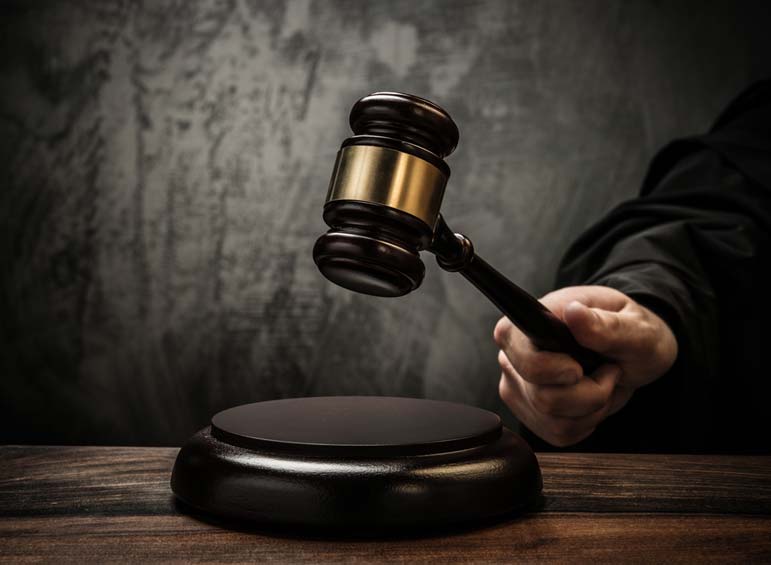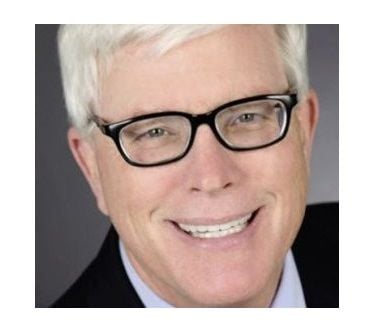
The defendant, Clarence Brandenburg, was convicted under a Buckeye State statute aimed originally at criminalizing communist conduct.
Five years later, when the case found its way to the Supreme Court, the per curiam opinion struck down the Ohio law, holding "that the constitutional guarantees of free speech and free press do not permit a State to forbid or proscribe advocacy of the use of force or of law violation except where such advocacy is directed to inciting or producing imminent lawless action and is likely to incite or produce such action."
The Commonwealth of Virginia is, of course, governed by Brandenburg and also has a felony homicide statute that provides that the "killing of one accidentally, contrary to the intention of the parties, while in the prosecution of some felonious act other than those specified in [sections] 18.2-31 and 18.2-32, is murder of the second degree and is punishable by confinement in a state correctional facility for not less than five years nor more than forty years."
From far away in California, and after a day of air travel during which I observed the events in Charlottesville only in bits and pieces, in snatches online and two minute reports from gates, it seems to me that a great number of people are at risk of being charged with felony homicide beyond the driver of the car that killed one person during Saturday's protests.
Anyone who incited the driver, indeed anyone whose actions obliged the state troopers to be airborne in defense of the public's safety, should lawyer up.
And that's a good thing.
I celebrate Brandenburg when I teach it each year. The speech at the core of that case was every bit as odious as that used by the bigots in Charlottesville this weekend.
But those bigots in 1964 lacked the present ability to incite violence.
Those in Charlottesville had that ability to incite violence, and they used it.
Now three are dead, including two state troopers. Others are severely injured.
The investigation should be careful and professional but also resolute. Lots of people should be charged if they contributed to the mayhem that led to these deaths.
Only when criminals are held responsible for the foreseeable consequences of their hatred and the violence they incite will the peddlers of bigotry and barely disguised violence coursing through the country reconsider their assumed immunity from consequence.


 Contact The Editor
Contact The Editor
 Articles By This Author
Articles By This Author